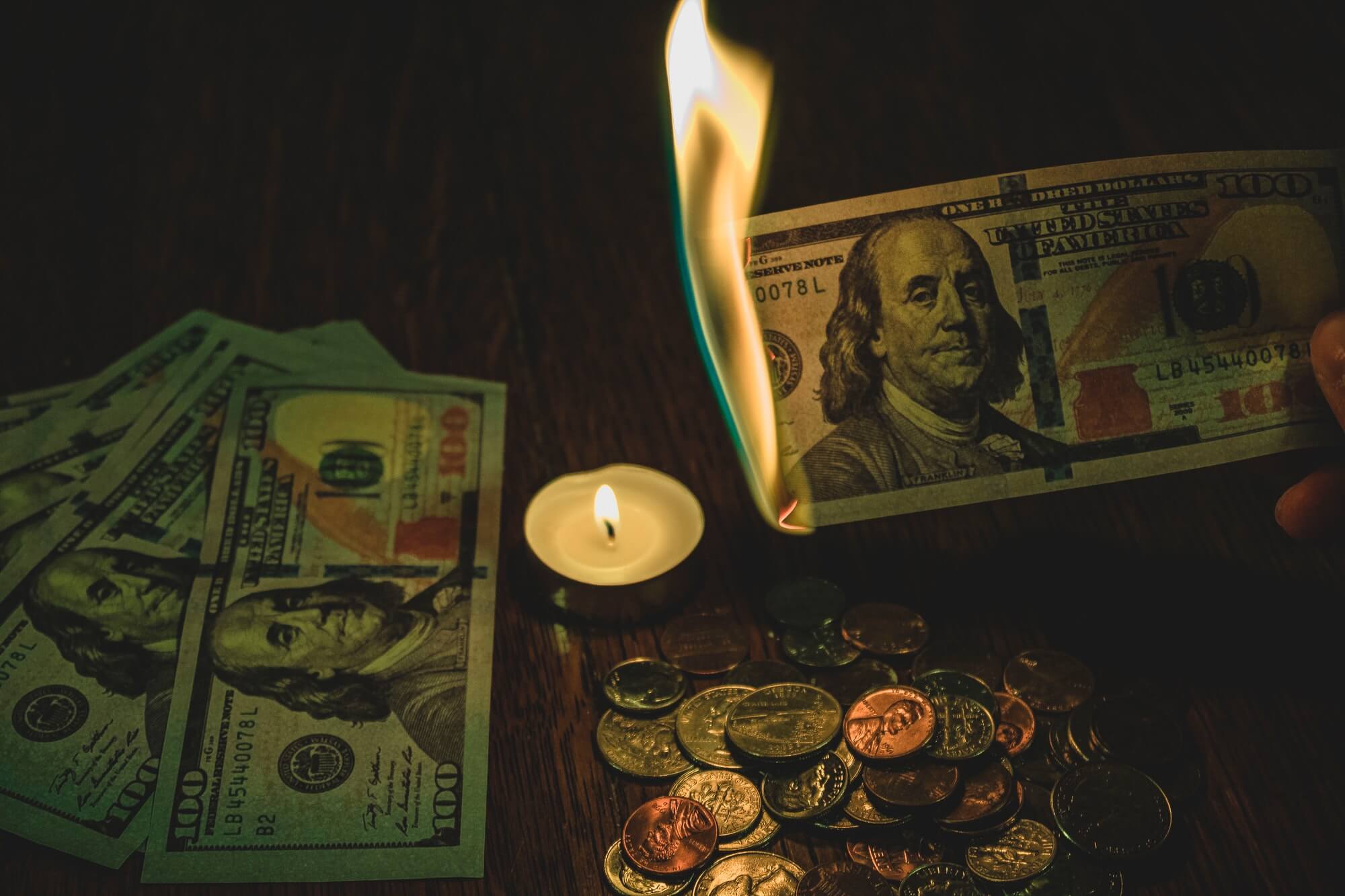Infection of Greed

A few months ago a new Halo game dropped that I'd been waiting on for a solid few years. Since if you started playing Halo on the original Xbox each time a new Halo game is released means a chance to play an amazing series.
However, a few weeks in it was clear this game was rushed despite delayed and filled with changes that was meant to fill the pocket vs keep the consumer happy. I wish this was an isolated incident, but it happens over and over again. So lets turn back the clock and look at a bunch of situations over the years.
I'm guessing way back in the early automobile era there hit a point where folks that wanted a car - owned a car. How can a car company make money if they build excellent products that take decades to break?
I don't think you can say the original Model A from Ford was amazing, but products were initially built to last and be great. Now chances are if you purchase something a meeting of folks probably sat and debated one of the following:
- Durability - If we build something that is cheaper, we make more money and it breaks after a few years and we can sell more. We just have to balance it properly so our product isn't too breakable.
- Anti-Repair - If we build something great and locked down, tinkers cannot fix it if it breaks. They'll be forced to buy a new one.
- Non-removable batteries - If the battery cannot be replaced and it slowly loses power over time. At some point the product needs an official repair or a replacement.
- Intentional Replacement - A yearly game? A yearly edition of a school book? A new design on top of the same product? Anything between a fashion cycle or school schedule to force the hand of buying another.
- Technology Replacement - Maybe intentional or an ecosystem movement. We expect to replace serial ports, but switching between Lighting, Thunderbolt and USB could be used to require purchases of adapters and sell more.
- Relying on Patches - Lets sell something broken and patch it based on the highest priority discovered issues. This will allow us to make money sooner and work on a new paid version.
- Intentional Breaking - Lets intentionally slow down our software on older devices to persuade folks to upgrade to the newest and greatest.
- Intentional Lock-down - If the fridge doesn't have Internet, lets prevent changing the settings. This keeps our user base enticed to give us analytics since they will setup the connection to tweak settings.
- Legal - Lets use a product that we know is cheaper and causes an environmental hazard. At some point the government will block these products and we will have a safer newer product released at that time.
- Advertisers - Lets sell as much data as we can collect from our users to 3rd parties. We can make a ton of money paired with the information we collect as part of our business.
A fun exercise to imagine all the ways things are diminished to make more money.
Though, I don't think you can fully say greed is bad - its just understandable that our culture thrives on money and the more you make the more your morals go out the window. We've seen this with Chrome extensions that authors break at some price point for greed.
I'm just getting upset with software, products and services that are continually letting me down. I want to believe this is all corporate greed, but maybe things are getting more difficult and consumers less patient. I have to remember that 100 years ago electricity wasn't even in half of US homes.
50 years ago the Internet was hardly invented yet. 20 years ago 3G cell service didn't exist. Perhaps the original video game of Donkey Kong on 1 console and 4MB of RAM was a bit more simpler than developing against thousands of PCs and gigabytes of space.
Though I always like to remember Boeing - a company that took the United States into the skies. Amazing reliability engineers and staff that probably contributed to 30,000+ jobs. At one point though a merge occurred with another company. The cultures clashed and the corporate profit driven suits continued to win. We all know how that story ends with 737 Max crashes.
I just like to think about Boeing a lot. Do you ever have enough profits that you don't need to grow a certain percent each year? Probably not as investors demand those profit increases to turn a buck. Though, now we see a company that lost so much trust with the crashes of the 737 Max.
It took a new CEO and Boeing was turning it around with a new 777X. Until that plane had an incident during testing and it was delayed for 2 more years.
I'm still in the belief that greed leads to all these issues.
